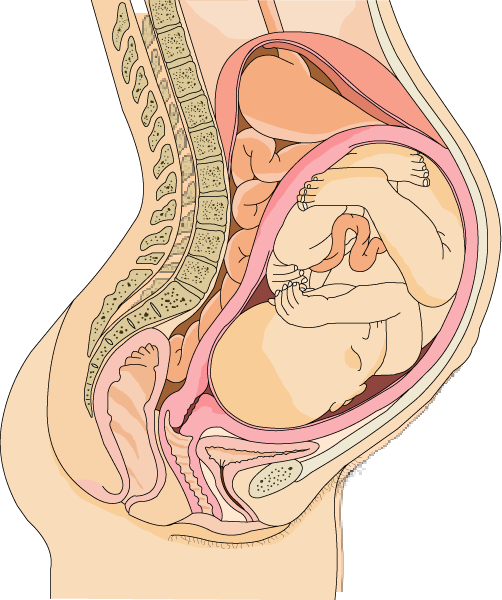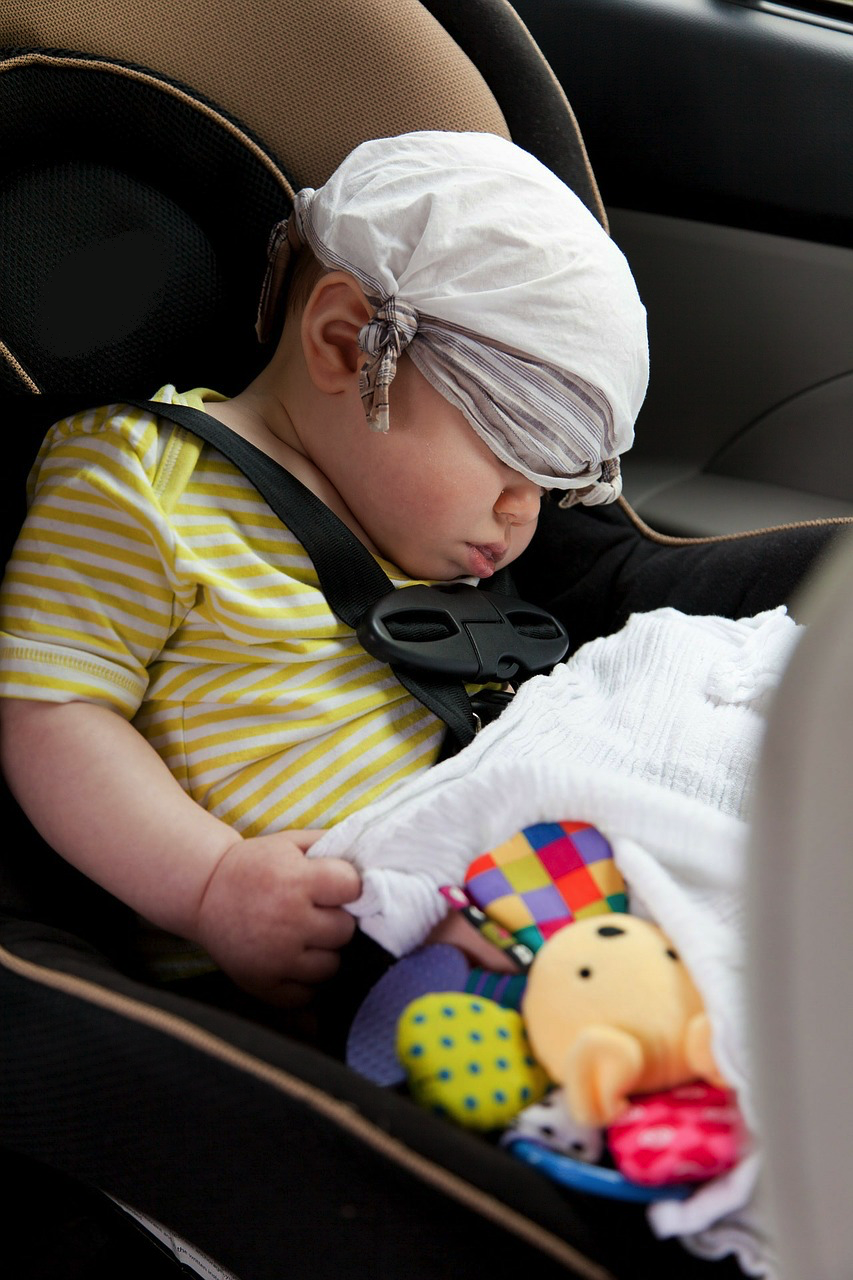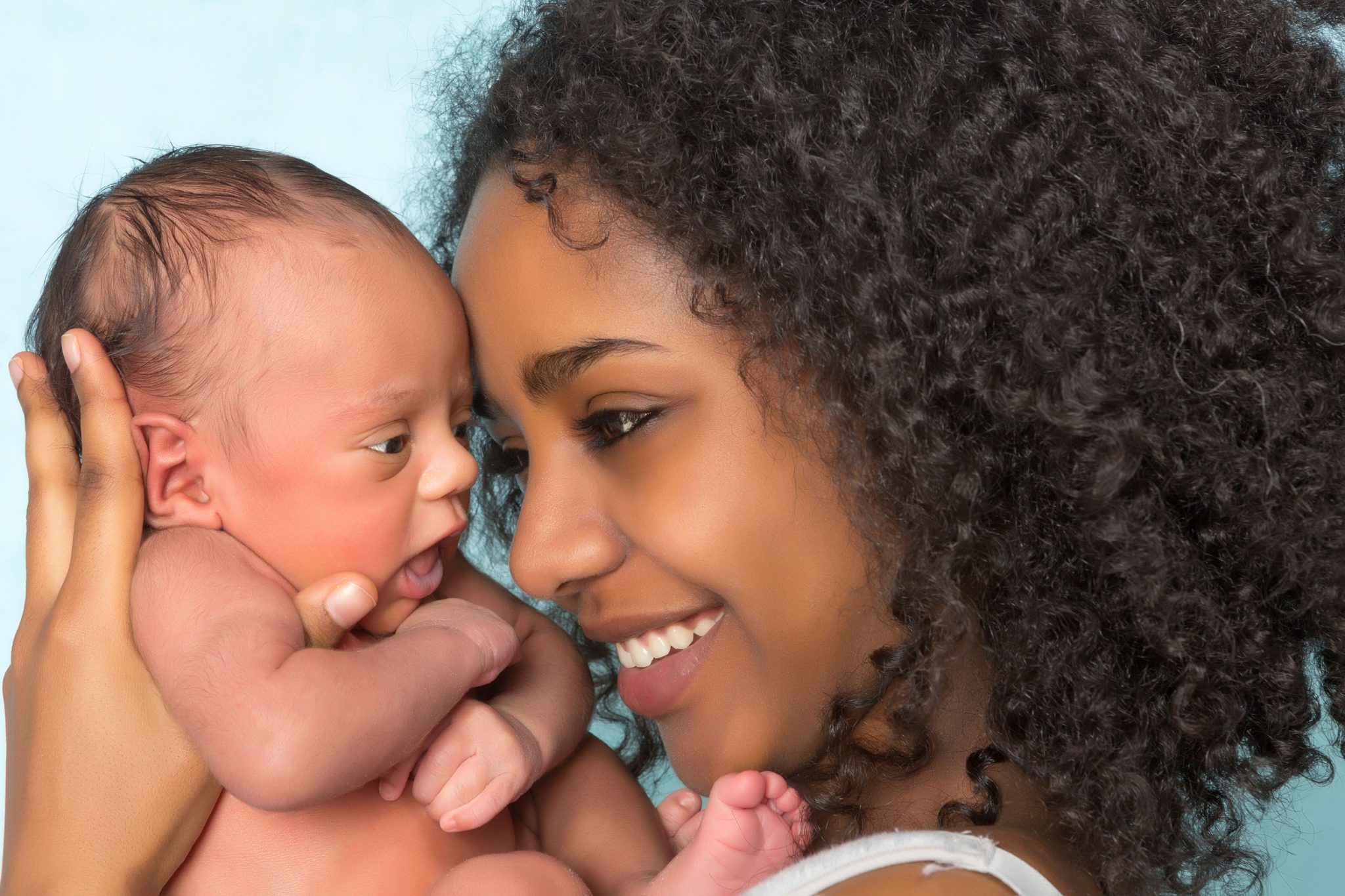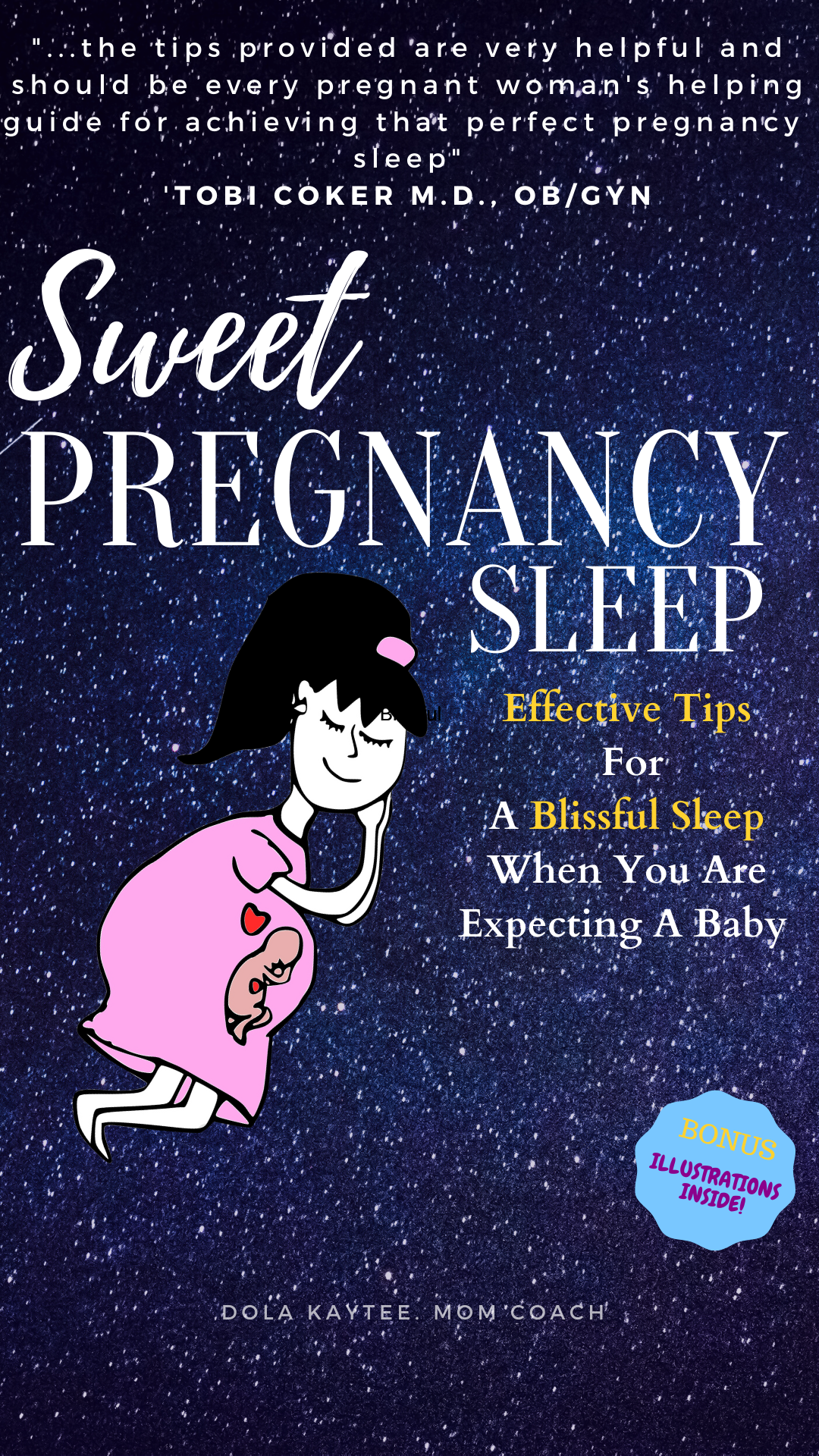
Preeclampsia Questions:
Preeclampsia: Your Questions Answered By Preeclampsia Foundation
What is preeclampsia?
Preeclampsia is a serious disorder related to high blood pressure. It can happen to any pregnant woman during the second half of her pregnancy or up to six weeks after delivery.
How is preeclampsia diagnosed?
Preeclampsia is diagnosed by the presence of high blood pressure and, usually, protein in the urine. This is why the mother’s blood pressure and urine are checked at every prenatal appointment.
Who is at risk for preeclampsia?
Preeclampsia affects as many as one in every 12 pregnancies, including pregnant women who have no risk factors. These factors increase the risk of developing preeclampsia:
- First pregnancy
- Preeclampsia in a previous pregnancy
- Kidney diseas
- Over 40 or under 18 years of age
- High blood pressure before pregnancy
- Diabetes before or during pregnancy
- Multiple gestations (e.g., twins, triplets)
- Obesity (BMI>30)
- Lupus or other autoimmune disorders
- Some blood clotting disorders
- Polycystic ovarian syndrome
- In vitro fertilization
- Sickle cell disease
What causes preeclampsia and can it be prevented?
The cause of preeclampsia remains unknown and there is no sure way to prevent it. Several prevention strategies have been tested, but none have proven to be successful for all women. Low dose aspirin may help some women at high risk. Calcium has been studied and may be helpful in certain populations, but the results do not support widespread adoption in the U.S. Bed rest has not been found to prevent or treat preeclampsia. Exercise may be beneficial, particularly if started before pregnancy, to improve heart health and maintain a healthy weight.
READ :- HELPING TO GET BREASTFEEDING OFF TO A GOOD START: LATCH
What are the possible consequences of preeclampsia?
Most cases are not severe and occur near term with healthy outcomes. Preeclampsia can, however, be very dangerous for mother and baby, progressing quite rapidly in some cases. Risks to mom include seizures, stroke, and organ damage, and premature birth for baby. Both mom and baby could die.
What are the symptoms of preeclampsia?
Early recognition and reporting of symptoms is the key to timely detection and management of preeclampsia. Women who are pregnant or recently delivered should contact their doctor or midwife
right away if they experience any of the symptoms listed below. While these symptoms don’t necessarily indicate preeclampsia, they are cause for concern and require immediate medical evaluation.
- Swelling of the hands and face, especially around the eyes (swelling of the feet is more common in late pregnancy and probably not a sign of preeclampsia)
- Weight gain of more than five pounds in a week
- Headache that won’t go away, even after taking medication for pain relief
- Changes in vision like seeing spots or flashing lights; partial or total loss of eyesight
- Nausea or throwing up, especially suddenly, after mid pregnancy (not the morning sickness that many women experience in early pregnancy)
- Upper right belly pain, sometimes mistaken for indigestion or the flu
- Difficulty breathing, gasping, or panting
Can I have preeclampsia without symptoms?
Yes, it’s important to know that some women with preeclampsia have NO symptoms or they “just don’t feel right.” If you have a sense that something’s wrong, even without symptoms, trust yourself and contact your healthcare provider immediately.
What should I do if I experience symptoms or just don’t feel right?
Call your doctor or midwife right away. Finding preeclampsia early is important for you and your baby.
RECOMMENDED: Postpartum Psychosis – First 24 Hours of Postpartum
About the Preeclampsia Foundation
A U.S.-based 501(c)(3) non-profit organization established in 2000, the Preeclampsia Foundation is dedicated to providing patient support and education, raising public awareness, catalyzing research and improving health care practices, envisioning a world where preeclampsia and related hypertensive disorders of pregnancy no longer threaten the lives of mothers and babies. More information is available at www.preeclampsia.org or by calling toll-free 800.665.9341.
Follow Pregnancy & Beyond on Instagram, Facebook and Twitter




